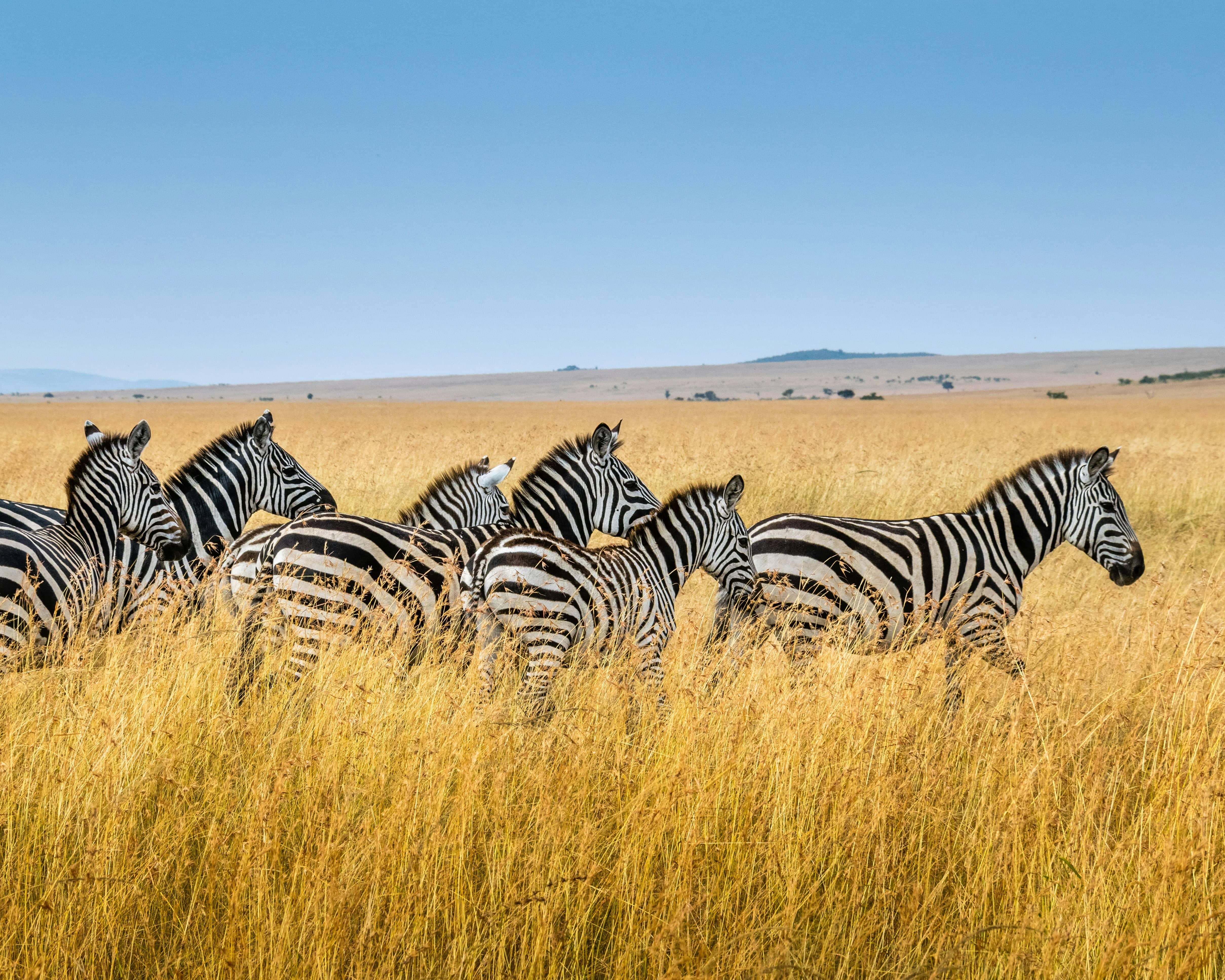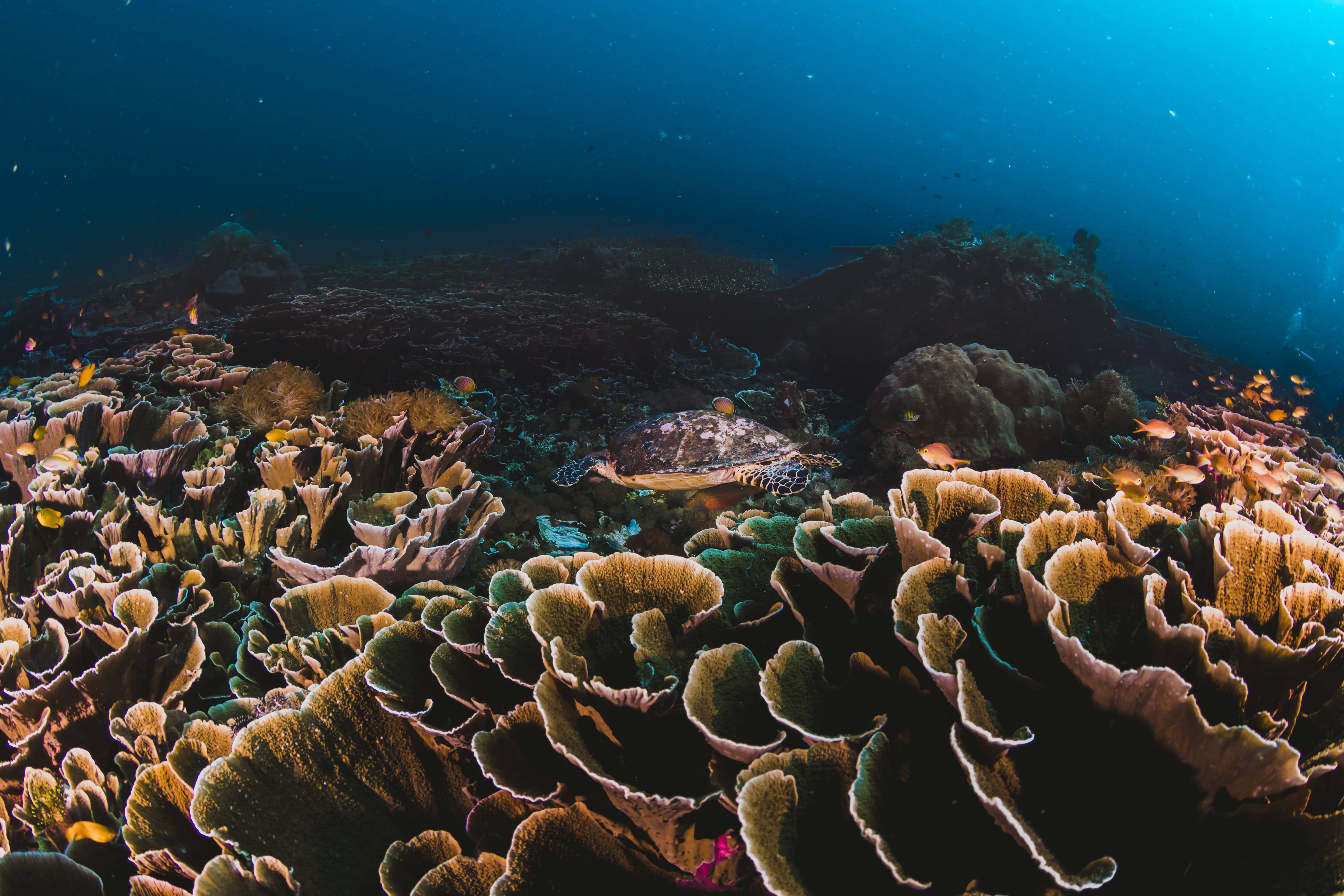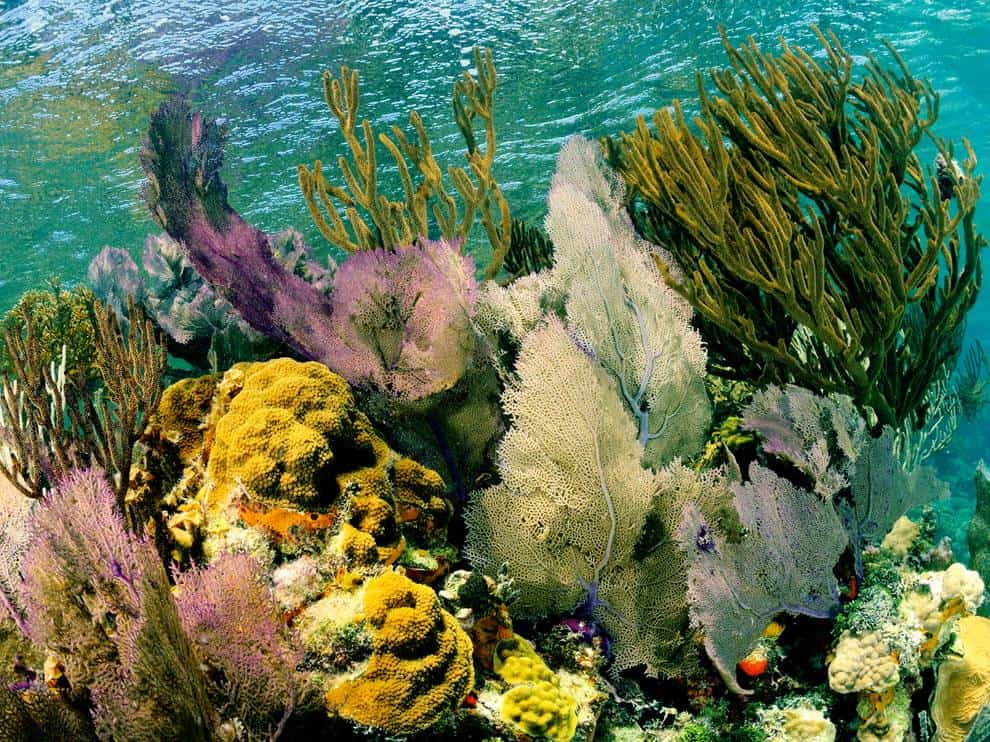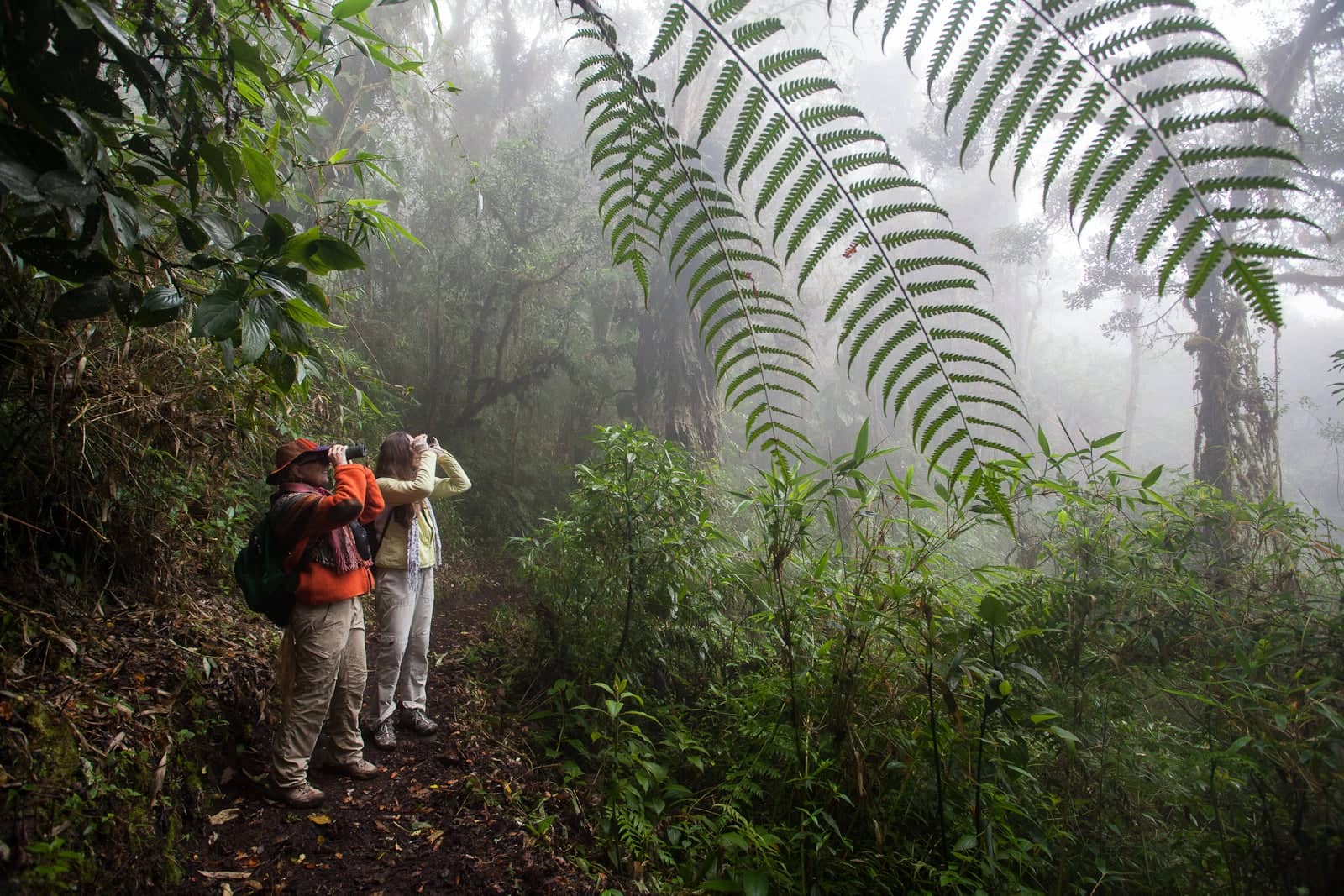Enrich your studies by exploring somewhere new! From travelling through rainforests to embarking on a wildlife safari, there are opportunities for you to earn your degree while seeing the world.
Explore the opportunities available for this year, and keep an eye on this page for new trips scheduled for next year!
What’s available for all students?
Service Learning: SCI 281

Complete Service learning for credit in the Dominican Republic with the organization H204All. You will have the opportunity to build and distribute water filtration system to remote communities and support educational programs on water quality and scarcity.
- Dates: April 26 - May 3, 2026
- Approximate cost: TBD
Email Dean Chris Houser to receive more information and to express your interest in the course.
Forensic Science in Scotland: SCI 280

Complete a forensic science course at the University of Strathclyde for credit, with a focus on hands-on techniques.
- Dates: April/May 2026
- Approximate cost: $3,800
Email Dean Chris Houser to receive more information and to express your interest in the course.
Beyond Borders: Field School in Egypt

Have you ever wanted to learn more about global environmental challenges such as water security, climate change and plastic pollution? Here's your chance! Take part in an exciting hands-on learning opportunity this summer in Egypt through Waterloo International’s Beyond Borders program, in collaboration with the Faculties of Science and Environment.
- Dates: June 4 - August 7, 2026
- Approximate cost: All costs associated with this program are covered by the Queen Elizabeth Scholarship, meaning students do not need to pay for their flights, meals, or accommodations. That said, if students wish to purchase additional items, such as souvenirs, they will need to use their personal funds.
- Application deadline: This trip is full.
Opportunities for Earth and Environmental Sciences students
The Coast of Europe: EARTH 490
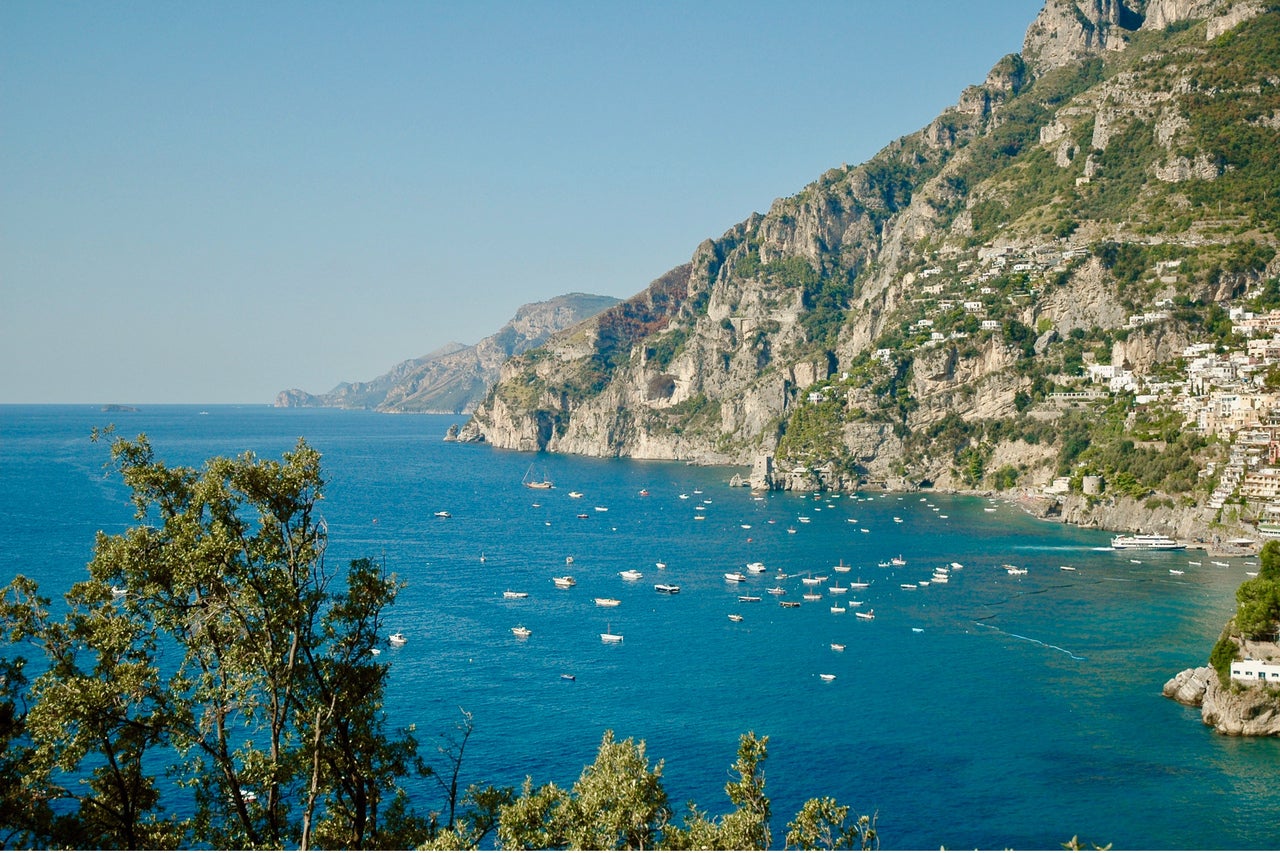
Explore coastal systems and environmental history in Europe. You will visit beaches and learn about coastal processes and management, including visits to historical sites in the host country.
- Dates: Summer 2026
- Approximate cost: TBD
Rainforests of Costa Rica: EARTH 490

Explore the rainforests and beaches of Costa Rica, zipline through the canopy, stand at the edge of an active volcano, and swim underneath a waterfall while learning about emerging issues in ecology, hydrology, geology, and development directly in the field from local experts.
- Dates: April/May 2026
- Approximate cost: TBD
How do I apply?
Please email Dean Chris Houser to receive more information and to express your interest in the course. He is here to answer your questions about the EES trips and the funding application process.
Opportunities for Biology students
Ontario Universities Program in Field Biology (BIOL 490)
How do I apply?
Each year, the Ontario Universities Program in Field Biology offers field courses locally and internationally. Applications open at the start of January each year. An open enrollment period will last until the course fee balance is required (varies per module). To apply, send the OUPFB application form to BIOL 490 course coordinators Marcel Pinheiro or Sue Whyte. When applying, you may select up to three desired courses. Please only list a course you are willing to take!
Please note: If the fee balance deadline has passed, you will not be able to enroll in that course. If you do not get into your desired course, your deposit will be returned. If you are enrolled in your selected OUFB course, you will not have your deposit returned should you decide to drop the course.





